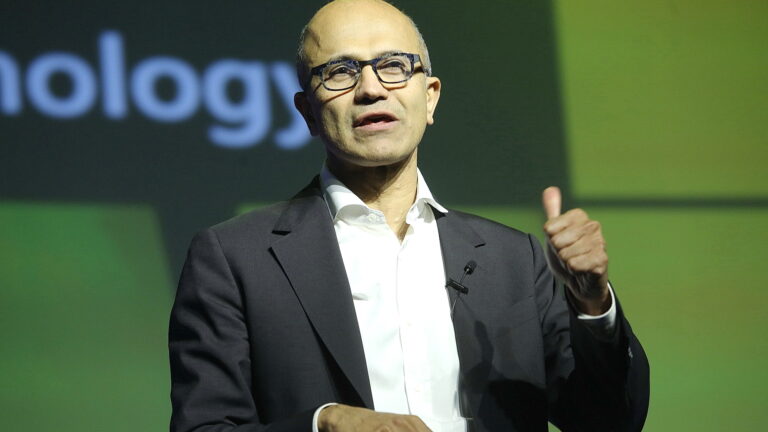Despite all the talk about how Israeli companies are great at exits but not at scaling up into large corporate entities, the Tel Aviv-based general manager of Microsoft Ventures Global Accelerators declared that impact matters more than size.
“Much has been written about Israel moving from a startup nation to a scale-up nation,” said Tzahi (Zack) Weisfeld at a press briefing before Think Next 2015, Microsoft’s seventh annual innovation event in Tel Aviv.
“It was an amazing year for this industry when it comes to raising funds and exits. We had great IPOs like MobileEye and Wix. But we don’t think scale is just about size. It’s about the kind of impact you make. And we see more and more small companies having an amazing impact,” he said.
Weisfeld cited Israeli examples: Equivio text-analysis software for the legal market, acquired by Microsoft last January; and Meerkat, the livestreaming service that caused a sensation on Twitter before being bumped off and regrouping recently on Facebook. WhatsApp, not an Israeli company, has achieved major scale with just 25 engineers, he noted.
The Israeli Economy Ministry’s recently released Innovation Report argues that the growth of mature domestic companies is crucial to Israel’s economy because large companies employ a higher number and wider variety of employees, and help develop Israeli know-how.
But from Microsoft’s point of view, success is measured by the number of customers using the product to change their lives or how they do business. The 15 companies demonstrating their products at Think Next were chosen for their disruption potential even if they never reach the size of Teva or Check Point.
Among other Israeli products on display were the SmarTap digital shower system; the MST AutoLap image-guided laparoscope positioning system; the neuro Steer cloud-based platform using advanced brain signal processing and big data analytics to monitor and manage health and wellness; RideOn augmented reality goggles for outdoor sports; and the CityTransformer foldable electric car.
Microsoft began its venture accelerator program in Tel Aviv, and has since branched out to Bangalore, Beijing, Berlin, London, Paris, Seattle and Sao Paolo. Last January, Geektime named the Tel Aviv branch the No. 1 entrepreneur program in Israel.
“From Microsoft’s perspective here in Israel, it’s been a great year. Three out of our nine most recent acquisitions were Israeli, and we’re very proud of that,” said Weisfeld.
Those three are Equivio, enterprise security startup Aorato and pen-and-touch tech company N-Trig.
“I think Israel has an amazing opportunity with great, small teams that can get to really, really big scale pretty quickly.”

















